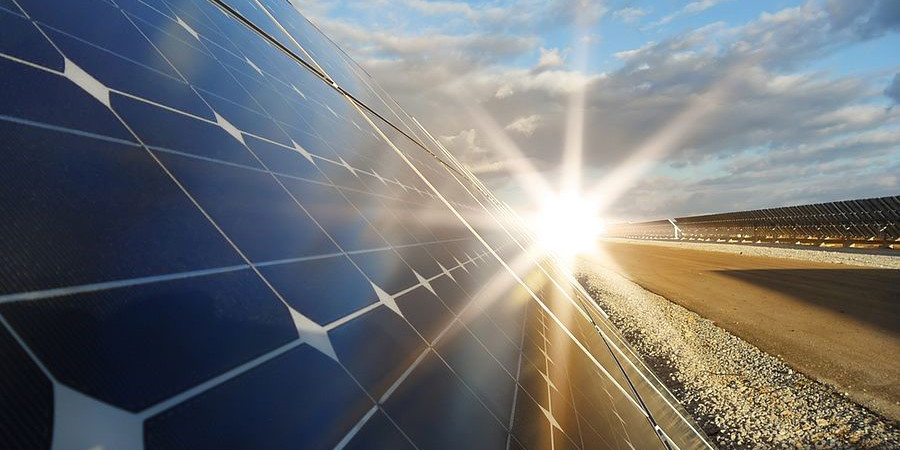The Indian state of Jammu & Kashmir requires a major revamp of power generation and related infrastructure. Setting up renewable energy capacity would help to bridge a part of its power requirement, while the state also needs to achieve its smart-metering targets in order to address the issue of high aggregate technical and commercial (AT&C) losses—according to Care Ratings analysts.
The analysts reported that in FY2018-19 power consumption in Jammu & Kashmir increased by 10.7% to 16.5 billion units—compared to the national 3.6% jump to 1249 billion units (excluding renewable power)—as the state achieved 100% electrification with 3.78 lakh of remaining households getting electrified under the central government’s Saubhagya scheme.
The state’s per capita consumption also stands high at 1300 units as against all-India figure of 1050 units.
Against this backdrop, Jammu & Kashmir—which has 3.4 GW of installed power plant capacity—reported a power deficit of 20% during the year. Further, it reported the highest AT&C loss of 50%, as per UDAY website.
The investment opportunity
Care Ratings analysts estimate that Jammu & Kashmir, which has 199 MW of renewable energy capacity, provides a scalable opportunity of setting up solar capacity of up to 2 GW by 2022. This, in turn, would require an investment of Rs11,000 crore.
“Apart from solar, additional investment could be made in setting up small hydro power projects as the state has over a dozen major rivers passing through it,” the analysts said, estimating the potential for an additional 1 GW of hydropower projects to be set up over the next decade.
The region already has 2.3 GW of installed capacity of hydropower,
Overall investments of Rs20,000 crore would be required to improve and augment the power infrastructure in the Jammu & Kashmir region in order to make it self-sufficient, according to Care Ratings.
This content is protected by copyright and may not be reused. If you want to cooperate with us and would like to reuse some of our content, please contact: editors@pv-magazine.com.









Sir i want to awareness of my city in this solar project. I am tecnical aware so plz ask me the right way I achieve this target